Resources
Books we like …
The Anxious Generation: How the Great Rewiring of Childhood is
Causing an Epidemic of Mental Illness by Jonathan Haidt
Why we like this book:
This book addresses the shift from play-based childhood to phone-based childhood and the detrimental
effects that shift is having on children’s mental health and development. Haidt, a social psychologist, shows us
how this “great rewiring” is causing children to live in a unnatural and artificial world where the developmental
needs of their brains and bodies go unmet in favor of sleep deprivation, shortened attention spans, social comparison
external validation seeking, and withdrawal from “real” relationships to name a few. Many of us are aware of this shift
in childhood and desire to raise our children in a developmentally appropriate way allowing them to play, connect,
engage and interact with the real world.
The Whole Brain Child by Dr. Daniel J Siegel and Dr. Tina Payne Bryson
Why we like this book:
This book reassures us that “survive moments” in parenting can be opportunities---even gifts---
because a survive moment is also a “thrive moment”, where the important, meaningful work of
parenting takes place. We learn to see that all the interactions we and our children share—the stressful,
angry ones as well as the miraculous, adorable ones—are opportunities to help them become the
responsible, caring, capable people we want them to be.
It becomes clear to us that children’s brain development “mirrors” their parent’s brain. From this
book we learn how to challenge ourselves to continue to grow and develop our adult brains.
The Blessing of a Skinned Knee by Wendy Mogel, PhD.
Why we like this book:
This book provides a new way (even though the book was first published in 2001!) of looking at the
world, your life, and your family. Joyce Trigger, the Shady Oak director, considers it one of the best
parenting books she has ever experienced. The book is full of stories and humor and observations that
illuminate and reassure us, as parents. The nine “blessings” address key parenting issues such as
respect for adults, chores, keeping expectations in line with your child’s temperament, meal-time
battles, coping with frustration avoiding overscheduling and overindulgence.
The Families Virtue Guide by Linda Popov
Why we like this book:
This book is designed to make the job of passing on our virtues to our children a little easier. This
multi-cultural, interfaith handbook shows parents and teacher how to turn words into actions and ideals
into reality.
Mind in the Making by Ellen Galinsky
Why we like this book:
This book really got us thinking about Executive Function in our brains. Based on neuroscience,
Galinsky’s work presents seven essential life skills for children in the 21 st century. They are focus and
self-control; perspective taking; communicating; making connections; critical thinking; taking on
challenges; self-directed, engaged learning.
Boundaries with Kids by Dr. Henry Cloud and Dr. John Townsend
Why we like this book:
Here is the help you need for raising your kids to take responsibility for their actions, attitudes, and emotions. As the authors state, “You don’t have to be in a crisis to benefit from this book. The principles offered here apply to all situations.”
How To Talk So Kids Will Listen and Listen So Kids Will Talk by Adele Faber
Why we like this book:
Connecting with your children is the greatest gift you, as a parent, can give them. This book gives very practical, day-to-day strategies and words to make connections in your family a reality.
The Conscious Parent by Dr. Shefali Tsabary
Why we like this book:
Dr. Tsabary challenges us to get to know our own child separate from us. She alerts us to the wondrous ways our child might reveal her uniqueness, showing us that she’s a being unlike any other who has ever walked this planet. We learn how to use what we know about our child to tailor our raising of her to her needs, rather than molding them to fit our needs.
The author helps us face some difficult questions like, “What is my parenting mission, my parenting philosophy? How do I manifest this in my everyday interaction with my child? Have I mapped out a thoughtful, mindful mission, as I would were I running a major organization.?” (p. 5)
This book will certainly help you reflect on and become more aware of yourself as a human being and a parent.

